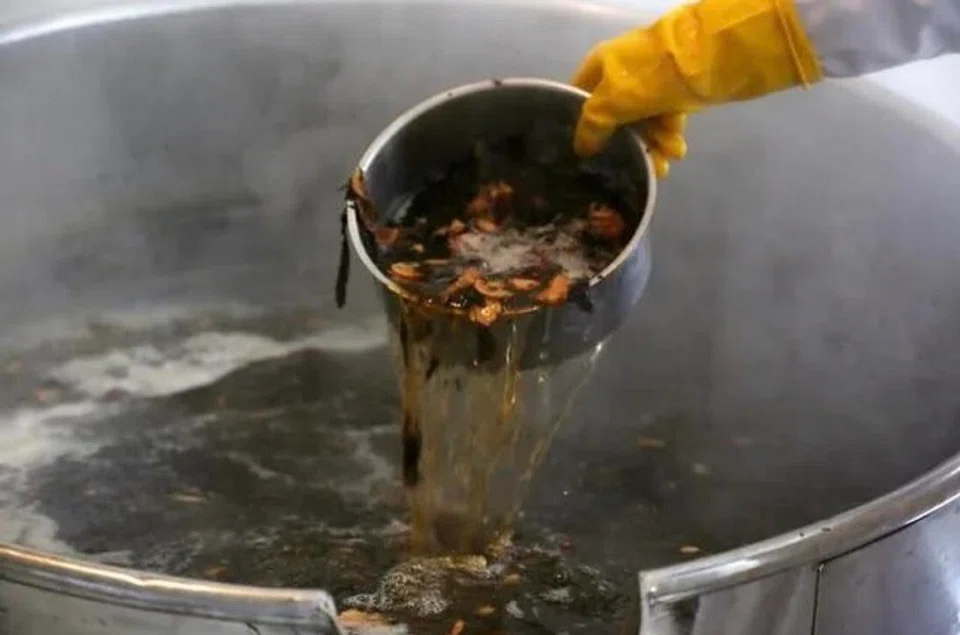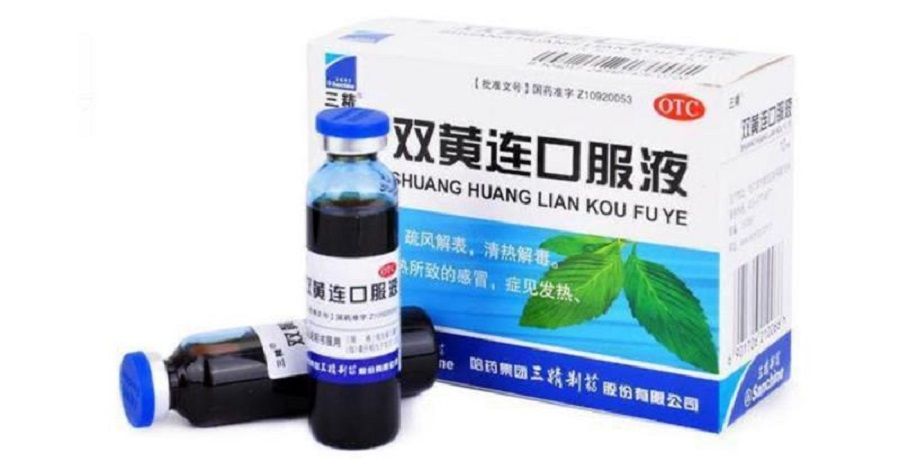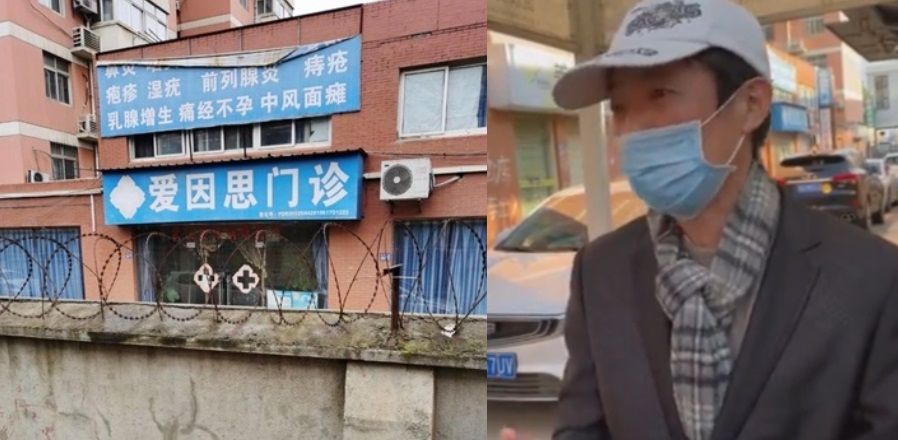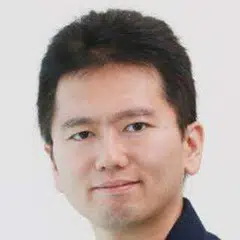'Big pot medicine' and 'divine doctors' a recipe for disaster

Last week, there were fewer new confirmed cases of Covid-19 reported per day within China than outside China. Life seemed to be returning to normal; preventive measures started focusing on guarding against imported cases from outside China. Despite these positive signs, absurd remedies for the prevention and treatment of Covid-19 continue to abound.
Among them, schools in Lincang city, Yunnan province made it mandatory for all staff and students to drink "大锅药" (daguo yao, traditional Chinese medicine brewed in a big pot that supposedly helps to strengthen the body and boost the immune system) before they could enter schools. Additionally, Li Yuehua, a "divine doctor" (神医), was also investigated for asserting that he had cured Covid-19 patients using a low-cost method of acupoint injection therapy.
The public, driven by fear and desperation, have been willing to try anything, even products that are not clinically proven.
According to Chinese media reports, the education and sports bureau of Linxiang district, Linchang city released an announcement on 29 February, requesting all students of its subordinate schools and kindergartens to drink daguo yao. Parents were urged to buy the medicine and let their children drink it while schools remained closed. They should also upload a photo of their child drinking the medicine as proof of compliance.
Some schools took the recommendation to the extreme, making it compulsory for students and parents to drink the potion and upload a photograph as proof. Only then would they be allowed on the school premises. As a result, daguo yao was quickly snapped up in some drugstores of the region, inviting criticism from netizens who felt that this command forced residents who were supposed to stay home to go out and queue for the medicine, in turn increasing the risk of spreading the virus.
Several members of the public pointed out that for over a week, Yunnan did not see a new confirmed case of Covid-19 infection. As such, this over-the-top demand for staff and students to take daguo yao before entering school - whether to prevent students from getting infected or to boost their immune system - is simply redundant and does more harm than good.
Since the escalation of the outbreak from 20 January until now, apparently "research-proven" food that can fight against the virus such as Shuang Huang Lian (双黄连, a herbal remedy), tea, soya milk and so on, have periodically caused a frenzy among the public. The public, driven by fear and desperation, have been willing to try anything, even products that are not clinically proven.

Traditional Chinese medicine focuses on targeting and regulating one's whole body. It is common sense that eating the wrong medicine is equivalent to taking poison. Moreover, the medicine in question is "one-size-fits-all" and disregards the differences in body constitutions of the people who take it.
Dr Wang Rongbing, head of Beijing Ditan Hospital's integrated Traditional Chinese and Western medicine department said at the press conference of the Joint Prevention and Control Mechanism of the State Council held on 29 February: "Traditional Chinese medicine prescriptions are for treating people with symptoms. We do not encourage healthy people with no symptoms to take traditional Chinese medicine as a preventive measure against Covid-19. It [blindly taking them] is meaningless."
It says, "The people who forced the students to drink the medicine are the ones truly in need of 'medicine'."
In the face of negative public opinion, the education and sports bureau of Linchang city put the brakes on the directive at midnight on 2 March, ordering the medicine-taking to stop, saying that it will not be a prerequisite for entering school grounds when the Spring semester commences.
Official Chinese media note that form rather than substance is the culprit behind such misguided beliefs. Banyuetan (半月谈), an official WeChat account under the Xinhua News Agency, published an article criticising the absurd demand, saying that while it may seem like an attempt to "boost the students' immune systems", it is in fact a negative approach to ensuring the safe resumption of school. It was simply targeted at making the medicine a "disinfectant" for school reopening, and a "convenient excuse" that they can use when the higher-ups conduct accountability checks.
Guang Ming Daily termed this as a "farce", claiming that daguo yao cannot cure the "illness of putting up a show" and the "disease of unscientific ignorance". It said, "The people who forced the students to drink the medicine are the ones truly in need of 'medicine'."
Black sheep among the traditional Chinese medicine industry have further damaged the industry's reputation by giving "miracle prescriptions". Two such cases are "divine doctors" from Hubei, Li Yuehua and Zhang Shengbing.
He has claimed to have treated and cured nine Covid-19 patients by using the acupoint injection therapy method that is not only simple and direct, but also affordable and effective.
Retired deputy director and inspector of Hubei's Department of Justice, Chen Beiyang, and his family of three had successively tested positive for Covid-19 around the Lunar New Year period, but refused to comply with isolation and hospitalisation measures. In the apology letter that he later posted online, he claimed that a "Dr Li" had cured his family of the Covid-19 coronavirus - this "Dr Li" was Li Yuehua, who instantly became famous because of the incident.
Li is accredited to Hanyang, Hubei's Aiyinsi traditional Chinese medicine clinic. He has claimed to have treated and cured nine Covid-19 patients by using the acupoint injection therapy method that is not only simple and direct, but also affordable and effective. This is done by injecting 0.05% of phenol into corresponding acupoints in accordance with traditional Chinese medicine's acupuncture principles. However, what needs to be pointed out is that phenol is a high-risk poisonous chemical.

Zhang Shengbing, accredited to Zhang Shengbing traditional Chinese medicine clinic in Xihu, Handong, claimed that since the day of Wuhan's lockdown, he has treated close to 3000 Covid-19 patients with a recovery rate of over 90% using his homemade secret prescription. None of his patients had passed away.
The attention these divine doctors have garnered has invited investigations from the authorities. This week, an investigation report on the two doctors published by Hubei authorities went viral on the internet. The report revealed that Li had allegedly engaged in illegal practice, put out misleading advertisements and falsified, altered, bought, and sold medical practitioner certificates during the period of the outbreak. Zhang had allegedly disseminated healthcare advertisements, seriously affecting normal healthcare services procedures and current prevention and control work. The report also stated that they have both been handed over to relevant authorities.
At the root of the issue, daguo yao and divine doctors both belong outside of mainstream hospital systems. Aside from dubious remedies, such cases also hinder the containment of the virus, needlessly depleting resources. On the other hand, whether local Chinese officials are able to prioritise scientific approaches before the implementation of policies to put an end to the vicious cycle of "creating a mess, triggering public furore, and then apologising" is worthy of further observation.
